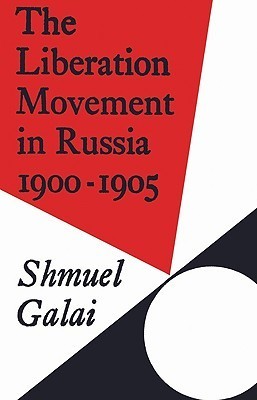

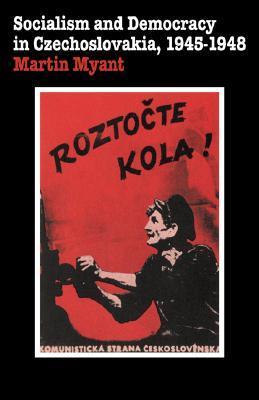
Books in series

The Liberation Movement in Russia 1900–1905
2002
The Precarious Truce
Anglo-Soviet Relations 1924-27
1977

Soviet Book Publishing Policy
1978

Socialism and Democracy in Czechoslovakia
1945-1948
1981
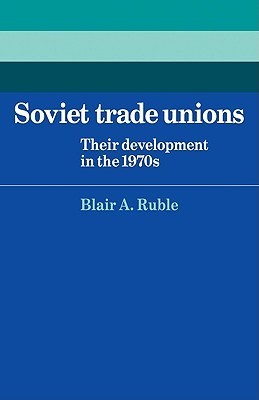
Soviet Trade Unions
Their Development in the 1970s
1981
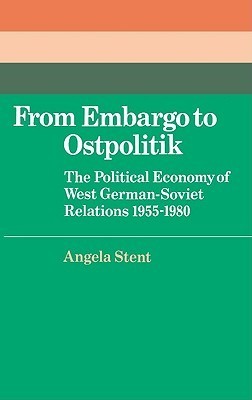
From Embargo to Ostpolitik
The Political Economy of West German-Soviet Relations, 1955–1980
1981
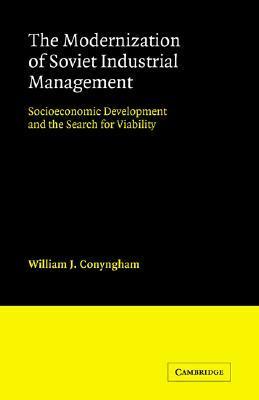
The Modernization of Soviet Industrial Management
Socioeconomic Development and the Search for Viability
1982
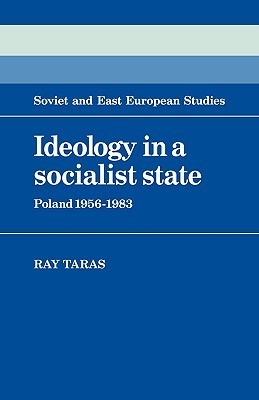
Ideology in a Socialist State
Poland 1956–1983
1984

Collective Farms which Work?
1985
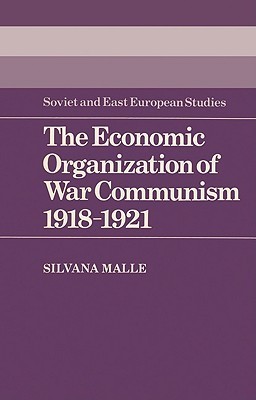
The Economic Organization of War Communism, 1918-1921
1985

East Germany and Detente
Building Authority after the Wall
1985
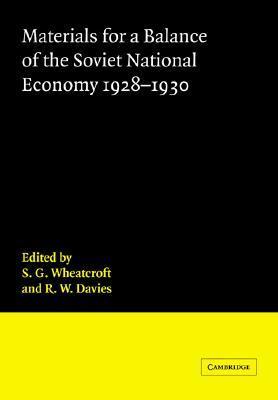
Materials for a Balance of the Soviet National Economy, 1928–1930
1985

The Origins of Detente
The Genoa Conference and Soviet-Western Relations, 1921–1922
1985
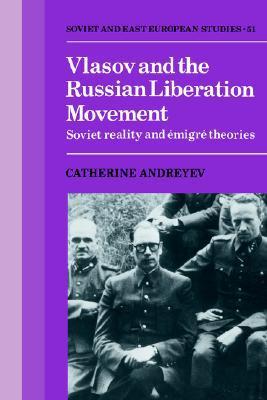
Vlasov and the Russian Liberation Movement
Soviet Reality and Emigré Theories
1987
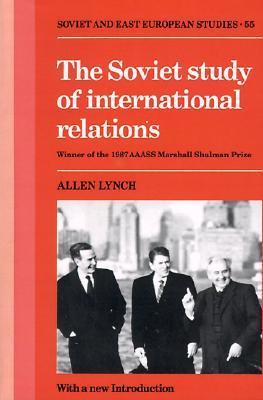
The Soviet Study of International Relations
1987
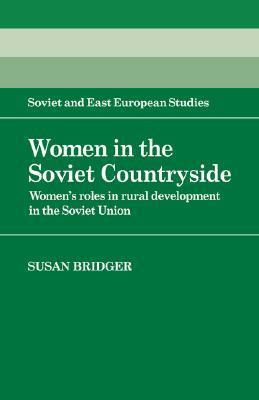
Women in the Soviet Countryside
Women's Roles in Rural Development in the Soviet Union
1987
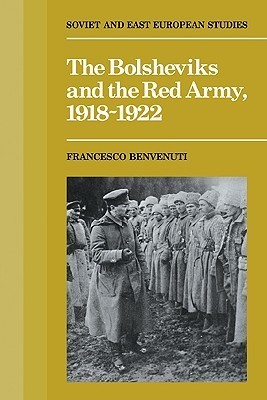
The Bolsheviks and the Red Army, 1918-1921
1988

An Algebra of Soviet Power
Elite Circulation in the Belorussian Republic 1966–86
1989
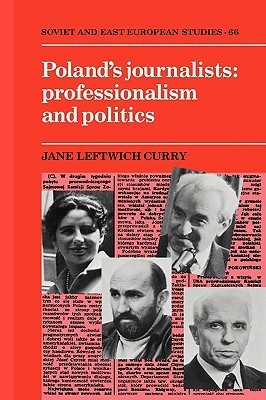
Poland's Journalists
Professionalism and Politics
1990
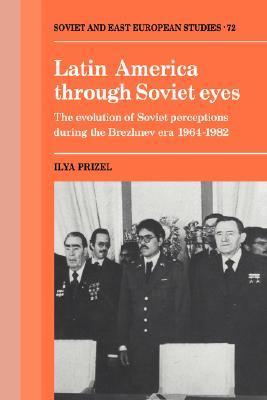
Latin America through Soviet Eyes
The Evolution of Soviet Perceptions during the Brezhnev Era 1964–1982
1990
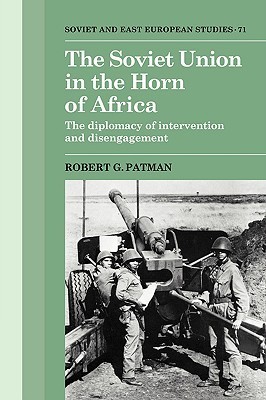
The Soviet Union in the Horn of Africa
The Diplomacy of Intervention and Disengagement
1990
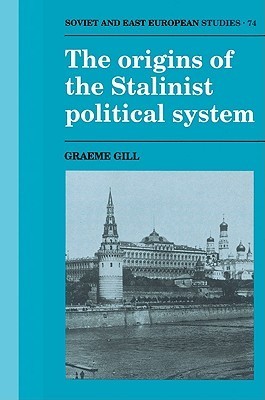
The Origins of the Stalinist Political System
1990
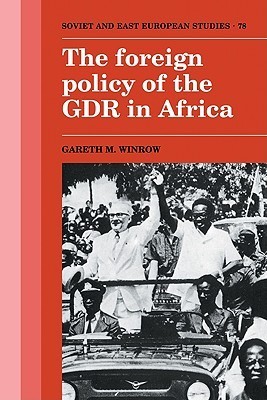
The Foreign Policy of the GDR in Africa
1990
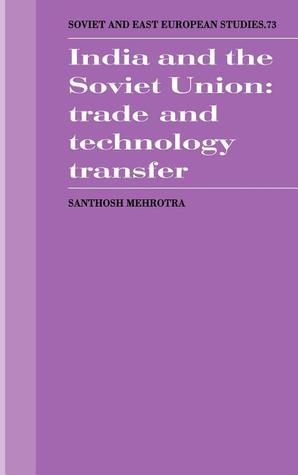
India and the Soviet Union
Trade and Technology Transfer
1991
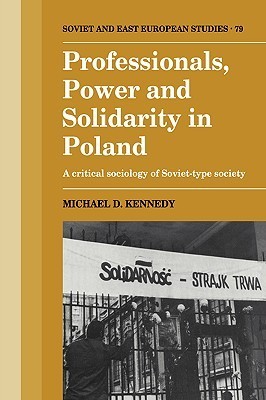
Professionals, Power and Solidarity in Poland
A Critical Sociology of Soviet-Type Society
1991
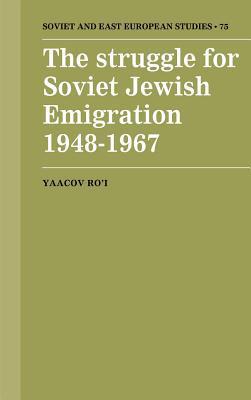
The Struggle for Soviet Jewish Emigration, 1948-1967
1991

East-West Financial Relations
Current Problems and Future Prospects
2010
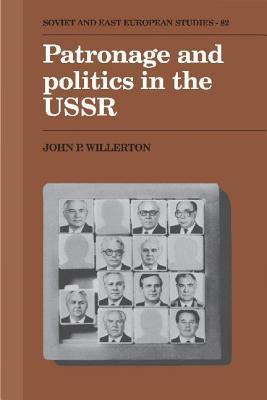
Patronage and Politics in the USSR
1991
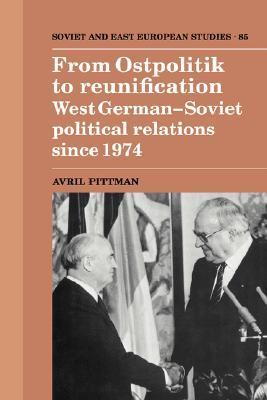
From Ostpolitik to Reunification
West German-Soviet Political Relations since 1974
1992
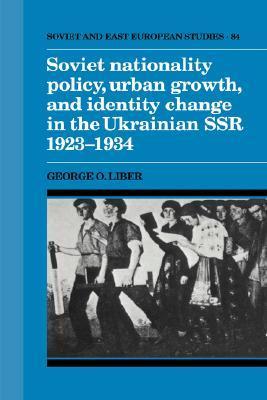
Soviet Nationality Policy, Urban Growth, and Identity Change in the Ukrainian SSR 1923-1934
1992
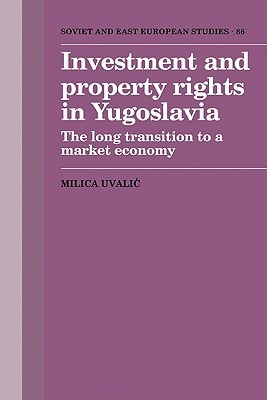
Investment and Property Rights in Yugoslavia
The Long Transition to a Market Economy
1992
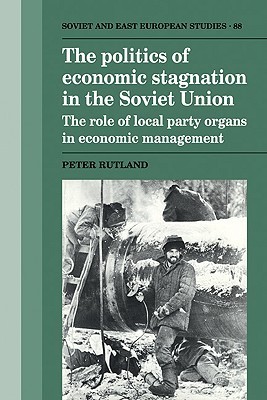
The Politics of Economic Stagnation in the Soviet Union
The Role of Local Party Organs in Economic Management
1992
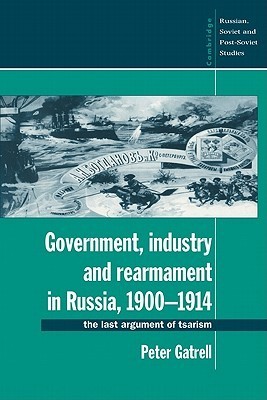
Government, Industry and Rearmament in Russia, 1900–1914
The Last Argument of Tsarism
1994
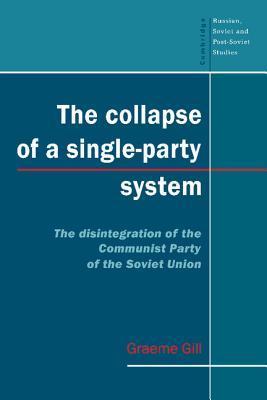
The Collapse of a Single-Party System
The Disintegration of the Communist Party of the Soviet Union
1994
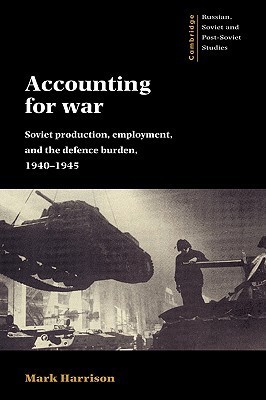
Accounting for War Soviet
Production, Employment, and the Defence Burden, 1940–1945
1996
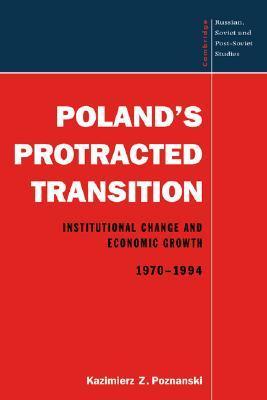
Poland's Protracted Transition
Institutional Change and Economic Growth, 1970–1994
1997

National Identity and Foreign Policy
Nationalism and Leadership in Poland, Russia and Ukraine
1998
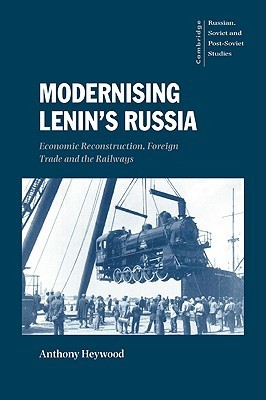
Modernising Lenin's Russia
Economic Reconstruction, Foreign Trade and the Railways
1995
Authors


Librarian Note: There is more than one author in the GoodReads database with this name. This entry refers to Stephen {^2} White, author of Russian books. See this thread for more information. Stephen White is the James Bryce Professor of Politics and a Senior Research Associate of the University's School of Central and East European Studies. He graduated from Trinity College Dublin in history and political science, and then completed a PhD in Soviet studies at Glasgow - including an exchange year at Moscow State University - and a DPhil in politics at Wolfson College Oxford. He is the chief editor of the Journal of Communist Studies and Transition Politics (Routledge, quarterly), and was for some time also the editor of International Politics (Palgrave, quarterly).
